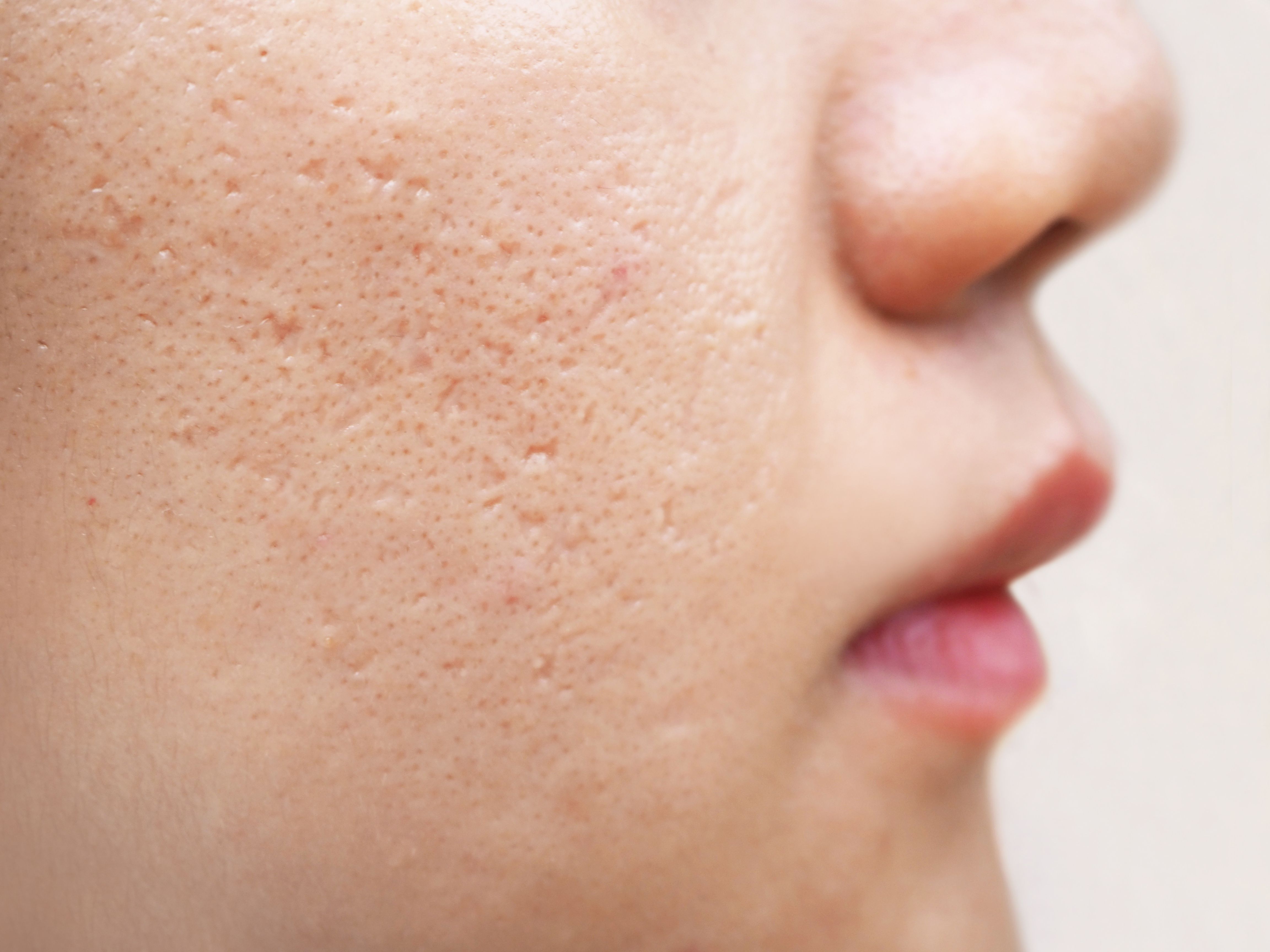- Acne
- Actinic Keratosis
- Aesthetics
- Alopecia
- Atopic Dermatitis
- Buy-and-Bill
- COVID-19
- Case-Based Roundtable
- Chronic Hand Eczema
- Chronic Spontaneous Urticaria
- Drug Watch
- Eczema
- General Dermatology
- Hidradenitis Suppurativa
- Melasma
- NP and PA
- Pediatric Dermatology
- Pigmentary Disorders
- Practice Management
- Precision Medicine and Biologics
- Prurigo Nodularis
- Psoriasis
- Psoriatic Arthritis
- Rare Disease
- Rosacea
- Skin Cancer
- Vitiligo
- Wound Care
News
Article
Dermatology Times
Addressing Challenging Cases of Acne: Part 3
Author(s):
Key Takeaways
- Dermatologists explored isotretinoin for a young boy with moderate to severe acne, considering adherence challenges with complex topical regimens.
- The importance of probiotics and limiting long-term antibiotic use was emphasized to address antibiotic resistance concerns.
In a Dermatology Times Case-Based Roundtable event, Heather Woolery-Lloyd, MD, shared pearls for challenging acne cases.
In a series of Dermatology Times Case-Based Roundtable® events, leading dermatologists and their local peers tackled some of the most challenging cases of acne. These gatherings provided an invaluable platform for collaborative discussion, innovative problem-solving, and the exchange of cutting-edge treatment strategies. Each session featured in-depth case presentations, allowing participants to delve into the complexities of acne presentations and explore various diagnostic and therapeutic approaches for diverse patient populations. These clinical insights from New York, Nevada, and Florida showcased the dermatology community’s collective expertise and dedication to improving patient care.
Heather Woolery-Lloyd, MD, dermatologist and director of the skin of color division for the University of Miami Department of Dermatology in Florida, led a roundtable discussion with a team of dermatology clinicians. The conversation centered around 2 challenging acne cases, providing valuable insights into treatment approaches, patient adherence, and the nuances of personalized care.

Addressing Diet and Psychological Impact
Woolery-Lloyd introduced the first case involving a 12-year-old overweight boy with moderate facial and chest acne that began 2 years ago. The patient’s mother expressed concerns about his diet and the psychological impact of acne on his self-esteem and academic performance.” Because this patient had moderate to severe acne affecting both the face and trunk, one of the first things that the participants thought would be a good option was isotretinoin,” said Woolery-Lloyd. “We discussed the risks and benefits, but many felt that starting isotretinoin right off the bat was appropriate.”
Half of the participants were willing to consider isotretinoin at the first visit, whereas others preferred trying topical treatments or oral antibiotics first. They acknowledged the challenge of adherence to a complicated skincare routine, especially for a young patient. “Typically for this type of patient with moderate to severe acne, they may need to use a treatment in the morning, a treatment at night, certain skincare products, moisturizers, and maybe an oral antibiotic. This can be very complicated for a young male who may not be interested in such a routine,” Woolery-Lloyd explained.
During a follow-up visit, the patient admitted difficulty adhering to the prescribed combination therapy of topical benzoyl peroxide and clindamycin due to its complexity. The mother’s concern about long-term antibiotic use also emerged. “We discussed the issue of antibiotic resistance, which is a hot topic. Participants recommended probiotics to support the gut microbiome and emphasized limiting the use of long-term antibiotics,” Woolery-Lloyd noted.
Given these challenges, the dermatologists decided that isotretinoin was a more viableoption. They addressed the practicalities of isotretinoin, including the need to take it with fatty meals, which can be difficult for patients adhering to a low-fat diet. “Many participants suggested options like almond butter or peanut butter to ensure the medication is absorbed properly,” Woolery-Lloyd added. “However, the modern diet has changed, and people generally don’t consume fatty meals twice daily.” The patient was ultimately prescribed a micronized version of isotretinoin, which does not require consumption with fatty meals, significantly improving adherence. “This micronized version was considered a good option for improving adherence and outcomes, especially in young patients,” Woolery-Lloyd stated.
Managing Expectations on a Tight Timeline
The second case involved a 17-year-old high school student with moderate acne on her face and back. The patient was distressed, as her acne was impacting her self-esteem and social interactions, particularly with her upcoming prom night. “There is a lot of pressure for teenagers to look their best during significant life events like prom. We discussed the need to address acne effectively and quickly in such situations,” Woolery-Lloyd remarked.
The patient was started on a combination treatment of adapalene and benzoyl peroxide. She was counseled on proper application techniques and expected timelines for improvement. After 4 weeks, the patient reported no significant improvement. Upon confirming there were no adverse events, the treatment regimen was intensified. “We had a robust discussion about the order of application of skin care products and prescription medications,” Woolery-Lloyd said. “Written instructions were emphasized as crucial for improving compliance and minimizing side effects.”
Participants debated the integration of over-the-counter skincare products with prescription regimens, highlighting the importance of a clear and manageable skincare routine for patients. “Some participants felt it was best to discourage additional products, while others tried to incorporate them into the prescribed regimen,” Woolery-Lloyd noted. “The consensus was that clear, step-by-step instructions were vital.”
Newsletter
Like what you’re reading? Subscribe to Dermatology Times for weekly updates on therapies, innovations, and real-world practice tips.













